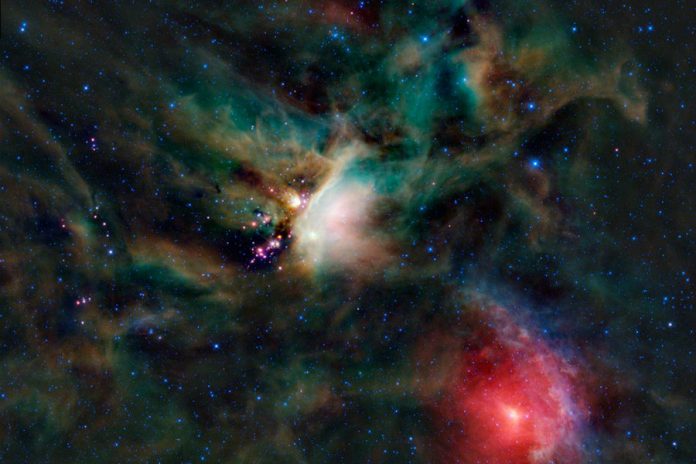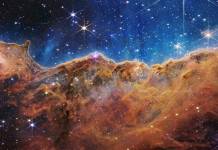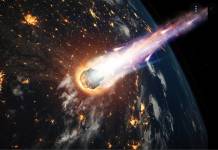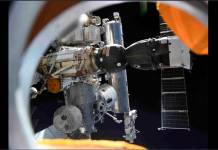
A controversy of cosmic proportions has sparked over the past few days due to the introduction of a 13th sign to the 12-sign zodiac we all know. Astrology believers see the infamous Ophiuchus constellation back to claim its rightful place on the planet, except the stars have always been there, and people have just rushed to jump to conclusions.
The source of the polemic zodiac sign addition reportedly traces back to a Cosmopolitan UK article last week. The author of the article claimed that NASA arbitrarily decided to include Ophiuchus as a star sign between Scorpio and Sagittarius, effectively changing nearly 90% of people’s zodiac signs.
Since then, the government agency has had spokespeople provide their insights on the matter and clarified the situation through a post on its official Tumblr page. The final word from NASA is: “astrology and astronomy are not the same.”

The confusion stems from a NASA page… For children
Despite being illustrated in a friendly fashion and claiming right on the title that “Astrology is not Astronomy,” the article about constellations and the calendar still proved to be a bit confusing.
NASA’s Space Place is a children’s web page that explains the mysteries of the universe in a manner that is easy to understand. The source article that fueled the controversy surrounding the new Zodiac sign starts by distinguishing between astronomy as a science that studies space and astrology as a behavioral discipline based on celestial bodies and their relative position with the sun at the time of our birth.
Ophiuchus has always existed as a constellation, but not as a sign
The Space Place article goes into further details about the history of star signs and the horoscope, tracing its origin back to the Babylonian civilization. The ancient people of Babylon had already devised a 12-month calendar based on the phases of the moon, so their zodiac signs were also twelve to match it.
However, the Babylonians had also figured out that the Earth’s orbit around the Sun “passed” through thirteen constellations rather than twelve. Ophiuchus, the thirteenth constellation, was arbitrarily left out in spite of the Earth having a longer transit aligned with it in contrast to other star groups.
The shifting position of Earth has changed your star sign
Whether people decide to include Ophiuchus to their horoscope or not, they might have something else to worry about. A long-standing phenomenon known as precession has changed the Earth’s position about the original constellations of the zodiac.
This means that the dates set for each star sign 2,000 do not entirely match the Earth’s real orbit around the Sun. The result is that people who are supposed to be one sign may belong to the previous zodiac sign of the horoscope. If you believe in star signs, the BBC has an interactive guide that shows which sign you were born under, including Ophiuchus.
Source: NASA











